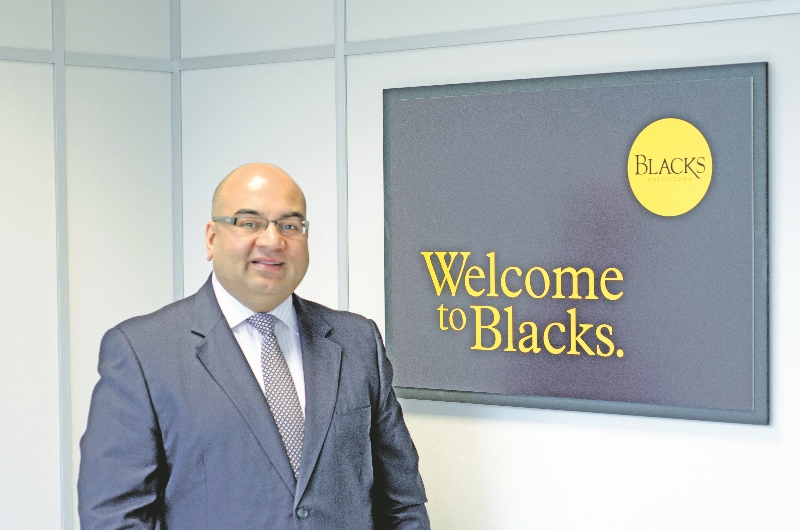
In an article earlier this year I explained how the courts expect the parties in litigation to try to settle their dispute by Alternative Dispute Resolution (“ADR”) before the matter reaches trial and that failure to do so can lead to costs penalties. However, there are occasions when the court recognises that there may be justifiable reasons why one party might refuse to make the effort. This occurred in the recent case of Altrincham Preparatory School v Cockx.
In that case the Claimant school had sued the Defendants for £1,760 in respect of an early termination fee which was payable due to the Defendants withdrawing their son from the school without providing the requisite notice. In view of the amount of the claim, the case should have proceeded in the Small Claims Track but instead, as a consequence of the Defendants pursuing a Counterclaim for the sum of £12,000, it was taken out of that track and allocated to the Multi Track, where more complex higher value cases are usually heard.
The Claimant argued that the Defendants’ counterclaim was completely without merit (they were arguing about the quality of their son’s schooling and the Claimant’s terms and conditions) and doomed to fail. Although the Claimant was prepared to have the matter dealt with by mediation under the Small Claims Mediation Service (“SCMS”) (a free mediation service offered by the court in small claims cases), it felt it was disproportionate to engage in normal, non SCMS, mediation given that the cost of doing that would be £950 for a claim that was only worth £1,760.
Ultimately, the case did settle in the Claimant’s favour by mediation at a very late stage but by that point its legal costs had rocketed. The Defendants argued that the Claimant’s costs should be reduced due to its refusal to mediate at an early stage. However, the court disagreed. The Defendants appealed.
The Court of Appeal, however, refused permission to appeal. It said that it was not unreasonable for the Claimant to have refused to mediate in circumstances where it had been willing to do so in the appropriate forum, i.e. the SCMS – that step would have been possible but for the Defendants advancing an unmeritorious counterclaim that resulted in the case having to be dealt with in a more expensive forum. It was reasonable for the Claimant to consider the costs of mediation in the Multi Track as being disproportionate in light of the modest value of its claim. The Lord Justice was of the view that the significantly increased costs of the proceedings was solely down to the actions of the Defendants and therefore they should be responsible for those costs.
Although the need for the parties to engage in ADR in any dispute is vital, this case shows that conduct is also an important factor which the courts will look at closely. Parties engaging in poor conduct are likely to be punished.















